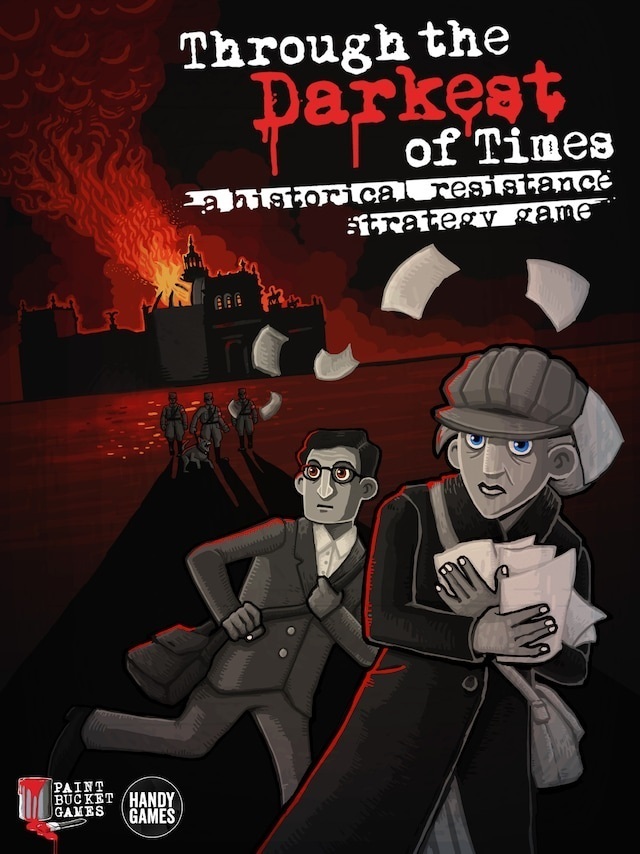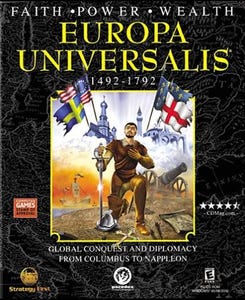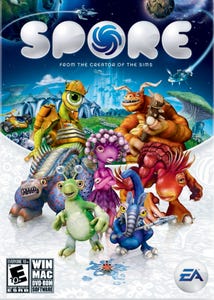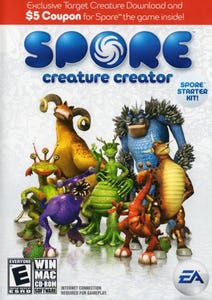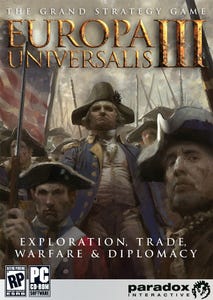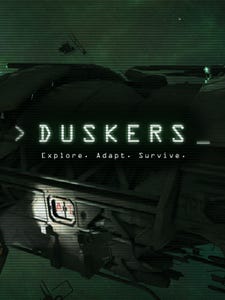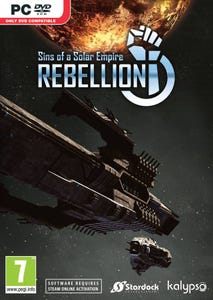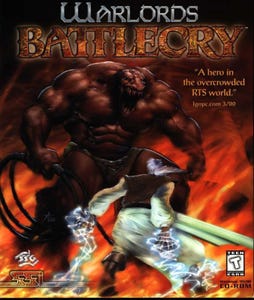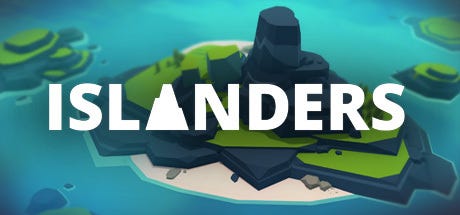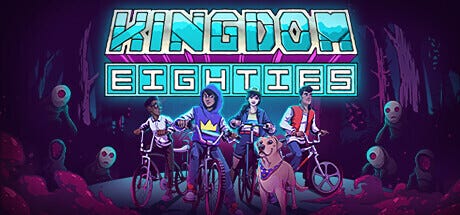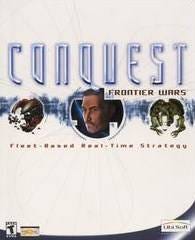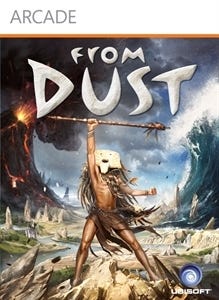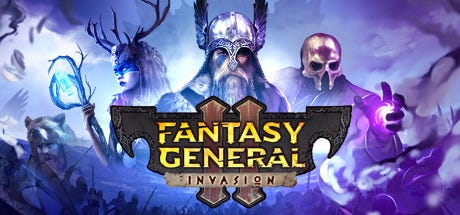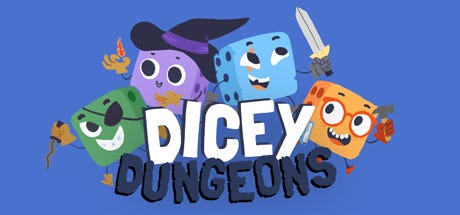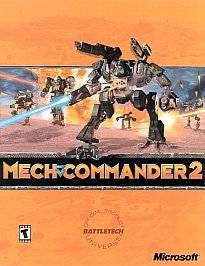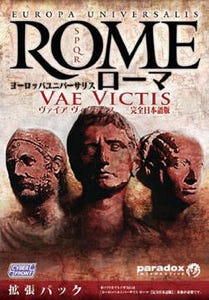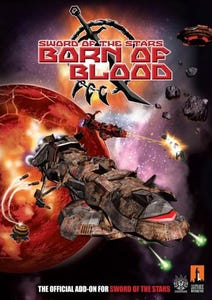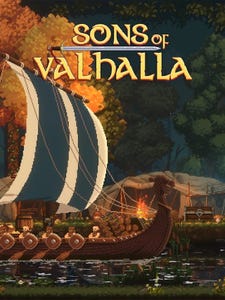X
- HandyGames
- HandyGames
- HandyGames
- HandyGames
Through the Darkest of Times
Released On: Jan 30, 2020
71
5.4
Where to Buy
Where to Buy
Metascore
Mixed or Average
Based on 24 Critic Reviews
71
50% Positive
12 Reviews
12 Reviews
46% Mixed
11 Reviews
11 Reviews
4% Negative
1 Review
1 Review
Metascore
Mixed or Average
Based on 24 Critic Reviews
71
50% Positive
12 Reviews
12 Reviews
46% Mixed
11 Reviews
11 Reviews
4% Negative
1 Review
1 Review
A superbly crafted game that serves as storyteller, teacher, and concerned friend.
Overall this is a nice title and I would recommend it to anyone looking for a fun but short game.
User Score
Mixed or Average
Based on 18 User Ratings
5.4
28% Positive
5 Ratings
5 Ratings
44% Mixed
8 Ratings
8 Ratings
28% Negative
5 Ratings
5 Ratings
User Score
Mixed or Average
Based on 18 User Ratings
5.4
28% Positive
5 Ratings
5 Ratings
44% Mixed
8 Ratings
8 Ratings
28% Negative
5 Ratings
5 Ratings
"Through The Darkest Of Times"
Reviewed By: Carless Yen
Developer: Paintbucket Games UG
Publisher: HandyGames
Release Date; Jan 30, 2020
Price: $14.99
You play as a leader of a small resistance group in 1930’s Berlin, full of ordinary people, from Jews,Catholics, Patriots,and Communists.. You must deal tiny blows to the ****. You have to recruit people by dropping pamphlets, painting on walls, what ever you must do to grow stronger, and not get caught. Mistakes can lead to you, or your group being in grave danger. There are really two modes to this game a storytelling version, or a more difficult one. You have from 3 to 5 people helping you solve missions, and as you complete them you can unlock things. You can gain resources, money to purchase things you need, and also gain followers. You can also lose them as well based off bad decisions. Each character you have helping has special things about them that might relate to jobs better than another team member might have. Things like their background may even come into play when it comes to certain things.
The story is really appealing I think. It can also be very depressing. It is really dark subject matter at times, and is certainly aimed at a more mature audience. If you enjoy this time period and the subject matter like I do it's really going to pull you in. If you know anything about this time period where this game took place you know about **** , and his actions or at least what history tells you. Knowing this I feel the game really makes you think out your actions, and they mean so much more to you to make the right move. I really don't have many negatives to say about this game at all. I really enjoyed my time with it, and know i will go back to it again in the near future maybe after I get caught up a little on my reviews. I guess if I had to say something though. Some times your choices can feel like they don't matter as much as they should. Starting a new chapter pretty much resets every thing you done as well. All though these things are a bit annoying as well as trying to compare it to modern politics it still was far more enjoyable to me than not. The fun I had, and the way i felt far outweighed anything that I didn't enjoy about it overall.
I really love the art style of this game as well. It really has that "The Saboteur" look where you see dark colors. Black and white and grey which really makes the red splashes of color pop on screen, This isn't really the same style though as it isn't a lot of controls, but more still images.They are beautifully drawn though. They look really nice, and have small moments of movement sprinkled in that are enjoyable while you read the story, or decide your moves.
Pros:
Loved the Art style
Story was truly engaging
Liked the characters and trying to apply them to tasks
Thought provoking
Cons:
Seemed a bit easy
Sometimes felt decisions didn't matter as much
Having to start over on new chapters
Overall: 9.0
"Through The Darkest Of Times" has really dark subject matter,that will really make you think about your decisions. Even if they don't always feel like they are as important overall as they may feel to you. I think it is a really important game that makes you really glad you weren't around for this time period in history.
non posso esimermi dal sottolineare qualche imperfezione. In primis, una rappresentazione artistica delle varie situazioni presentate che, a mio parere, avrebbe potuto osare tranquillamente un po’ di più. L’uso di modelli un po’ caricaturali per i **** cozza con la coraggiosa scelta di utilizzare il grigio come colore dominante. Insomma, ci troviamo davanti ad uno stile estetico, simile ad un film in bianco e nero, caratterizzato ma non eccelso, accompagnato da musiche contestualizzate al periodo ma non molto varie.
Di contro, il lavoro di ricostruzione storica degli sviluppatori di Paintbucket Games ha quasi del miracoloso con degli avvenimenti, ed un contesto il più credibile e coerente con il periodo storico. Di conseguenza è abbastanza palese che Through The Darkest Of Times trascende la valenza più ludica, acquisendone una diversa e assai più pesante. In conclusione, si tratta di una produzione assi coraggiosa che si è scontrata con temi ed eventi storici difficili da affrontare, ottenendo nel complesso un buon risultato. Sicuramente consigliato in particolare agli amanti sia degli strategici/gestionali che delle ricostruzioni storiche.
This atmospheric resistance management game may not be a perfect game, but it’s an important one. Especially in this day and age.
Through the Darkest of Times is a powerful modern art installation about thehorrors of the nazi regime. As a videogame it is somewhat limitedaside for being able to put players in very awkward and thought provoking positions.
With effective visuals, a moving story, and a powerful message, Through the Darkest of Times is a must for anyone who enjoys historical and interactive story-based games.
Brown shirts march through the streets! Fight them in a managerial strategy with an impressive atmosphere but shallow mechanics. [Issue#302]
There is little to recommend about this game. The gameplay is not engaging, with mindless clicking in boring gameplay loops, and the story feels like an endless scolding for something no one alive today even did, accompanied by an undercurrent of shame for supposed parallels to modern politics. Some interesting art is overshadowed by how outright simple and stupid most of the characters look. The not-so-hidden political agenda and modern criticisms to the game are so ham-fisted, it is very tough to recommend this unless one is in the mood for a moralizing diatribe.
I feel like "Through the Darkest of Times" deserves a review, because it touches some very difficult subjects, while treating them with proper gravity.
First of all, as a Pole, I'm touched somebody made a game about the atrocities of WWII, and had shown them from a perspective of regular people. We command a group of German citizens who try to resist the cruel **** regime in any way they can. But, whatever they do, it's more about surviving than it is about fighting the actual tyranny. At the same time, the devs manage to avoid any historical blunders. There are no "Polish death camps". Instead, we can see clearly Auschwitz was created by Germans. On that note, the terms "****" and "Germans" are used interchangeably. We're not opposing some mythical, impersonal ****, but normal German citizens who got swayed by the terrible propaganda or forced into submission by the sheer terror of the NSDAP. People who were our friends and neighbors not that long ago. There's no Holocaust denial. No historical revisionism -- the Soviets who are liberating the lands east of the Oder do not bring just the freedom, but also death and destruction.
On the other hand the gameplay itself is very shallow. You have a group of dissidents who can take all sorts of actions: collect money for the cause, gain supporters, paint **** slogans on walls, and sabotage the regime. And while it all seems great, in reality you don't have to do much to beat the game. In truth, you can limit yourself to collecting money and gaining supporters, and leave the dangerous missions to... someone else? There are 4 chapters, and each one is 20 turns long. Since the consecutive chapters are like 3-4 years apart, if you won't manage to do something in the previous chapter, all progress is lost. You were one turn away from blowing up a **** factory? Sorry, you can't, move on to the next chapter. This **** big time, because at the end of the game you feel like you've accomplished absolutely nothing. So, what's the point of trying? Gaining supporters and collecting money is easy, and also enough to get by. Is that what it's all about? If there's a war just try to find **** to give you money in return for unfulfilled promises? I don't think so.
That aside, while the strategical aspect of the game is rather poor, the game is still worth playing. It is an excellent history lesson, one everyone should play to understand war is not something to be desired, and the world's warmongers are just evil people. Think about it next time your government starts sending boys and girls to yet another "justified" conflict.
This game was pretty **** gameplay mainly consists of you trying to keep your morale and supports bar high.Nothing that you do in the game has any effect on the story and all the missions that the game allows you to do are repetitive and the text from them is just copy and pasted. The story is alright for the most parts,it was interesting seeing a bigger picture of what the Germans were doing and though before **** came to **** game also has some grammar errors but its not a major issue.Overall a pretty average experience that I probably will forget after a few months.
Summary Berlin 1933. “Adolf Hitler is chancellor!” We all know the consequences this message bore. Unspeakable horrors and suffering would sweep across the world. Few would stand and fight the monstrosity that was the German Reich. Will you? Lead an underground resistance group Through the Darkest of Times.
Platforms:
- PC
- iOS (iPhone/iPad)
- Nintendo Switch
- PlayStation 4
- Xbox One
Initial Release Date: Jan 30, 2020
Developer:
- Paintbucket Games
Publisher: HandyGames
Genres:
